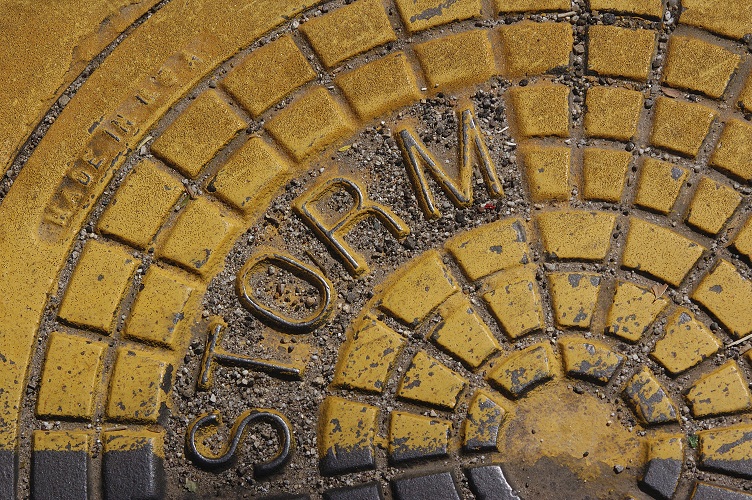Perhaps the largest remaining source of uncertainty within the stormwater sector concerns the best ways to ensure stormwater control measures (SCM) continue to operate reliably throughout their lifespan. Whether green or gray, the ever-expanding array of SCM designs and the various benefits beyond flood control that they provide mean that no two pieces of infrastructure are identical. Without well-researched, data-backed plans for long-term operations and maintenance of these SCMs, an infrastructure design with the potential to transform the resilience of its community might never pass the proposal phase.
Intending to provide clarity to infrastructure designers and managers, the Water Environment Federation (WEF; Alexandria, Virginia) and American Society of Civil Engineers (ASCE; Reston, Virginia) recently released Manual of Practice 39: Urban Stormwater Controls Operation and Maintenance. The 412-page handbook, which covers all elements of developing stormwater maintenance programs from conception through quality control, is now available for purchase in physical and digital formats.

“There are several manuals and publications that provide information on maintenance needs in specific geographies or for specific SCMs, but there was no national publication that compiled all the most recent procedures and practices to have a sound operations and maintenance program,” described ARCADIS (Arlington, Virginia) National Director for Stormwater and Watershed Management Fernando Pasquel, who led development efforts behind the handbook. “WEF and ASCE responded to these needs and formed a task force to develop this comprehensive manual of practice.”
The Urban Stormwater Controls Operation and Maintenance Task Force behind the manual, convened by WEF’s Technical Practice Committee, drew on the expertise of more than two dozen infrastructure professionals among the membership of WEF and ASCE at the forefront of their respective fields. Guidance from these subject matter experts was subject to a rigorous, anonymized peer-review process in an effort to produce a resource that reflects the stormwater sector’s consensus on best practices for operations and maintenance.
Among other topics, Urban Stormwater Controls Operation and Maintenance covers:
- developing long-term maintenance programs within specific regulatory frameworks;
- incorporating maintenance considerations into SCM design and construction;
- differences in maintenance concerns between green and gray infrastructure;
- best practices for inspection and maintenance during and after construction;
- tools for effective asset management; and
- identifying solutions for maintenance personnel, equipment, and costs.
“Case studies are presented to illustrate these concepts in large and small utilities and municipalities,” Pasquel said. “You will find all you wanted to know about stormwater infrastructure maintenance in this manual of practice.”
Urban Stormwater Controls Operations and Maintenance joins a growing collection of other WEF-published resources for stormwater professionals. It is a direct companion to Manual of Practice 23: Design of Urban Stormwater Controls, published in 2012. It also complements the 2020 publication Stormwater, Watershed, and Receiving Water Quality Modeling.
Purchase Urban Stormwater Controls Operations and Maintenance via WEF’s online bookstore for USD $165. WEF members are eligible to save 20% on this and other WEF publications.
Top image courtesy of Ekaterina Ershova/Pixabay

ABOUT THE AUTHOR
Justin Jacques is editor of Stormwater Report and a staff member of the Water Environment Federation (WEF). In addition to writing for WEF’s online publications, he also contributes to Water Environment & Technology magazine. Contact him at jjacques@wef.org.







